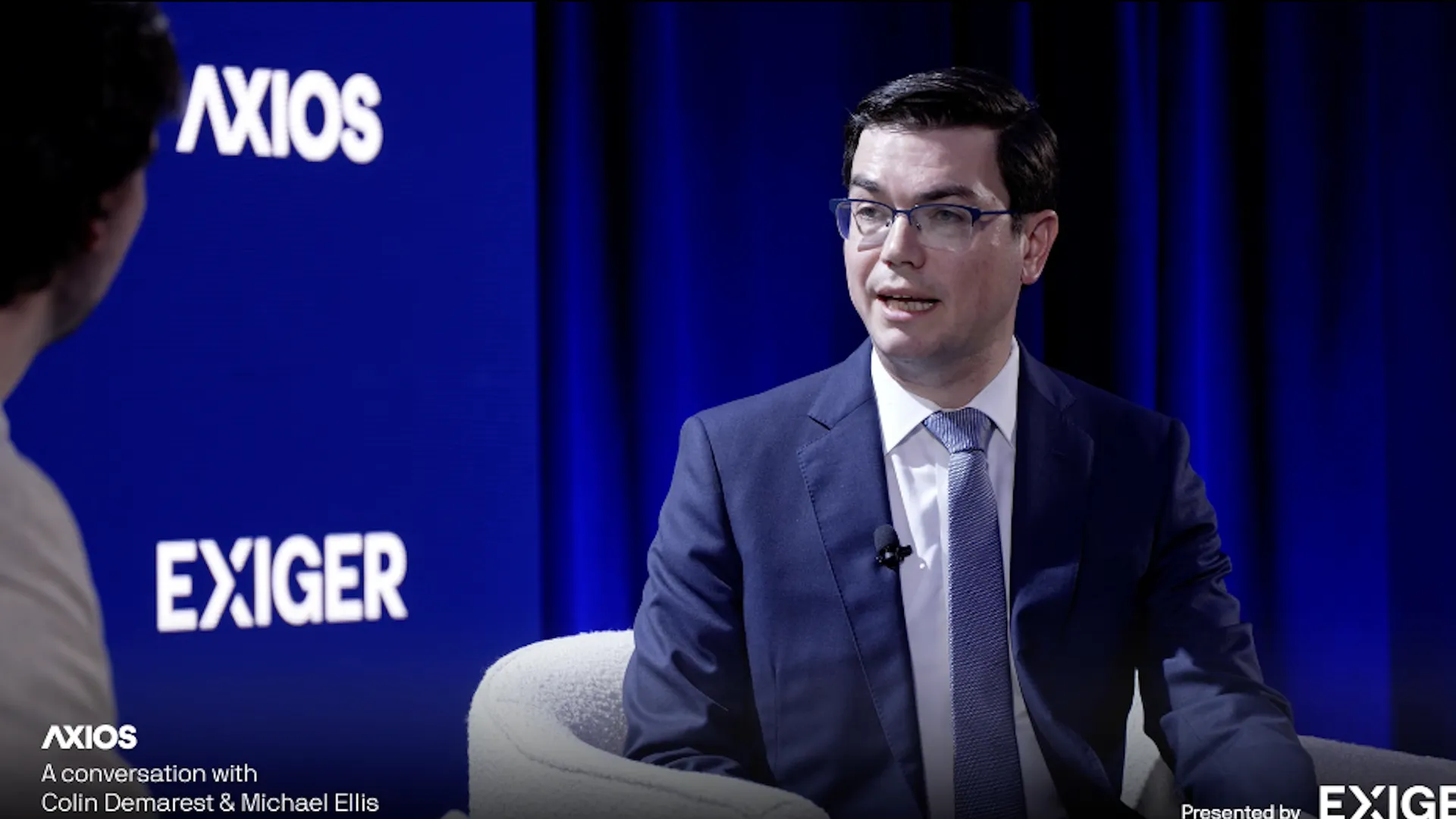The CIA’s Stance on China: An Existential Threat
In a significant statement underscoring the evolving dynamics of international relations, a top official at the Central Intelligence Agency (CIA) recently asserted that China represents the “existential threat to American security.” This perspective has prompted heightened discussions around U.S. intelligence policies and strategies designed to counteract perceived threats from foreign powers.
The Nature of the Threat
This assertion stems from various assessments weighing China’s military advancements, economic strategies, and aggressive diplomatic postures against the United States and its allies. The official highlighted several areas of concern, including China’s expanding military presence in the South China Sea, its technological espionage efforts targeting U.S. corporations, and its strategic influence across Asia, Africa, and Latin America.
Moreover, the rise of China as a significant global actor, capable of challenging U.S. supremacy in multiple realms, has raised alarms within the intelligence community. The modernization of China’s armed forces, bolstered by increased investments in artificial intelligence and cyber capabilities, underscores the need for a reassessment of U.S. defense strategies.
Intelligence and Counterintelligence Operations
Given the classified nature of intelligence operations, details remain sparse, but a series of reports suggests that the U.S. is enhancing its surveillance and counterintelligence measures to thwart espionage efforts emanating from China. The CIA is reportedly increasing its budget for technological innovations aimed at bolstering defensive capabilities against foreign threats, particularly from Beijing.
History of CIA Collaborations: A Mexican Perspective
While current concerns lean heavily toward addressing threats from China, it is essential to recognize the historical context of U.S. espionage and its strategic partnerships, particularly with Mexico during the Cold War. Newly released documents from the JFK Files have shed light on the close collaboration between the CIA and Mexican intelligence services during this era.
Collaborative Intelligence Operations
The intelligence relationship between the U.S. and Mexico was grounded in mutual interests: preventing the spread of communism and ensuring national security. The CIA engaged in various operations, sharing intelligence on leftist movements that threatened stability in Mexico and Central America. Notably, figures like Fidel Castro and Che Guevara were of particular concern, prompting increased surveillance and intelligence sharing across the border.
The acknowledgment of this collaboration adds a layer of complexity to current U.S.-Mexico relations. While both countries share a long-standing partnership, historical instances of U.S. interference in Mexican affairs continue to present a topic of contention.
The Modern Surveillance State: Reflections on Cold War Collaboration
The CIA’s operations during the Cold War in Mexico were not simply beneficial to U.S. national interests but also reflected the broader strategy of leveraging relationships to influence regional politics. As the global climate shifts, understanding these historical parallels can provide insight into developing counter-intelligence measures today.
Cross-Border Dynamics
As intelligence evolves in the modern age, consider how advances in technology have shifted surveillance methodologies. Mexico, now seen as a crucial player in the struggle against transnational crime and terrorism, continues to engage with the U.S. in intelligence sharing. The historical perspective highlights how historical cooperation shaped current frameworks of surveillance and intelligence sharing, emphasizing a continuous partnership aimed at stability.
The Continued Relevance of Intelligence Partnerships
In today’s landscape, the implications of previous CIA operations in Mexico resonate, particularly as both nations tackle drug trafficking, organized crime, and emerging threats from state and non-state actors. There is a growing recognition that these collaborative efforts must adapt to incorporate contemporary challenges, including cybersecurity threats and misinformation campaigns that traverse borders.
Mexico’s Role in Regional Security
The historical collaboration between the CIA and Mexican intelligence has implications for mutual defense strategies against modern-day challenges that comprise both traditional and non-traditional threats. By building upon these historical relations, both countries can work toward a collective approach that addresses ongoing security challenges.
Looking Ahead: The Theme of Global Security
The dual narratives of confronting immediate threats posed by China and revisiting past intelligence collaborations with Mexico emphasize a broader theme: global security cannot be achieved in isolation. With the world increasingly interconnected, collaborative intelligence efforts are crucial for understanding and countering threats that transcend borders.
Conclusion
As U.S. intelligence agencies, particularly the CIA, recalibrate their strategies in response to perceived threats from China, it is crucial to remember the historical lessons learned from past intelligence operations with Mexico. By fostering robust intelligence frameworks and drawing on historical collaboration experiences, the U.S. can better navigate today’s security landscape.
In summary, understanding the interplay between modern intelligence missions against state actors like China and past collaborations with nations such as Mexico provides valuable insight into the complexity and necessity of global intelligence efforts. As threats continue to evolve, so too must the strategies employed by the U.S. and its allies, ensuring that historical context informs future operations.







